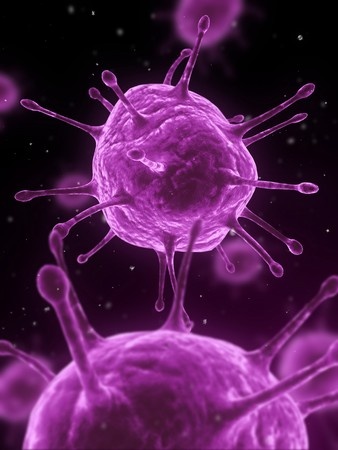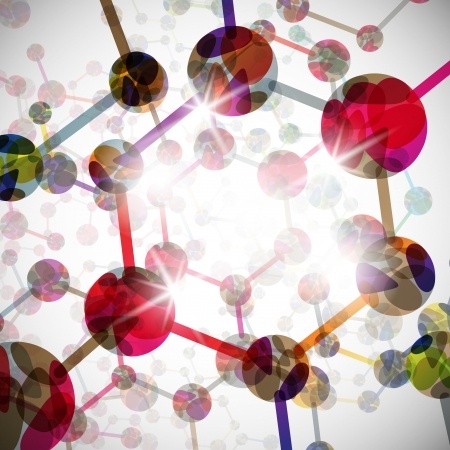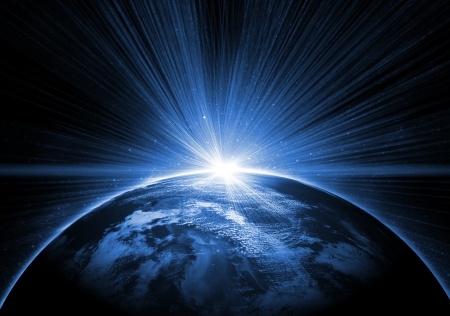Sleep, bacteria, glass, black holes, wine and comets – what more could a science teacher ask for! This eclectic collection of current science news stories is brought to you by STAOBlog.
SciNews is published every Monday and Thursday. Stay tuned for more
 Biology
Biology
Why all-nighters don’t work: How sleep, memory go hand-in-hand. Science Daily Scientists have long known that sleep, memory and learning are deeply connected but how has remained a mystery. The question is, does the mechanism that promotes sleep also consolidate memory, or do two distinct processes work together? In other words, is memory consolidated during sleep because the brain is quiet or are memory neurons actually putting us to sleep? In a recent paper, researchers make a case for the latter. Read more…
New germ fighter turns up in dirt. Science News for Students
A new drug for treating dangerous bacteria might be right underfoot. Really.Researchers found a compound in soil that acts as an antibiotic. That means it kills bacteria. The compound is called teixobactin (TIKES-so-BAK-tin). In the lab, it wiped out bacteria that cause dangerous infections in people. These included anthrax, tuberculosis (TB) and strep. Read more…
Chemistry

Is glass a true solid? New research suggests it is. Science Daily
Does glass ever stop flowing? Researchers have combined computer simulation and information theory, originally invented for telephone communication and cryptography, to answer this puzzling question. Read more…
Decoding sommeliers’ brains, one squirt of wine at a time. Science News
A device used to squirt measured amounts of liquids into the mouth of a person in a taste study. Researchers often pair the instrument with brain scanning technology. Recently, a study of wine tasting pitted 10 of the top sommeliers from France and Switzerland against 10 novices. Researchers led by Lionel Pazart of Besançon University Hospital in France custom-built a gustometer to conduct the blind taste test. The scientists compared how brain activity changed when people tasted chardonnay, pinot noir or water. Read more…
Physics
Speed of light not so constant after all. Science News
Light doesn’t always travel at the speed of light. A new experiment reveals that focusing or manipulating the structure of light pulses reduces their speed, even in vacuum conditions. Read more…
 Earth and Space Science
Earth and Space Science
Black holes are on collision course. Science News for Students
Black holes are regions of space where the gravitational field is so intense that no matter nor light can escape. In the center of a distant galaxy — a massive collection of stars — two supermassive black holes are now preparing to face off. The two are closer to each other than any other known black-hole duo. And they are providing astronomers a first peek at the final stages of a possible collision. Read more…
Arctic ice cap slides into the ocean. Science Daily
Satellite images have revealed that a remote Arctic ice cap has thinned by more than 50 metres since 2012 — about one sixth of its original thickness — and that it is now flowing 25 times faster. The findings show that over the last two decades, ice loss from the south-east region of Austfonna, located in the Svalbard archipelago, has increased significantly. In this time, ice flow has accelerated to speeds of several kilometres per year, and ice thinning has spread more than 50km inland — to within 10km of the summit. Read more…


